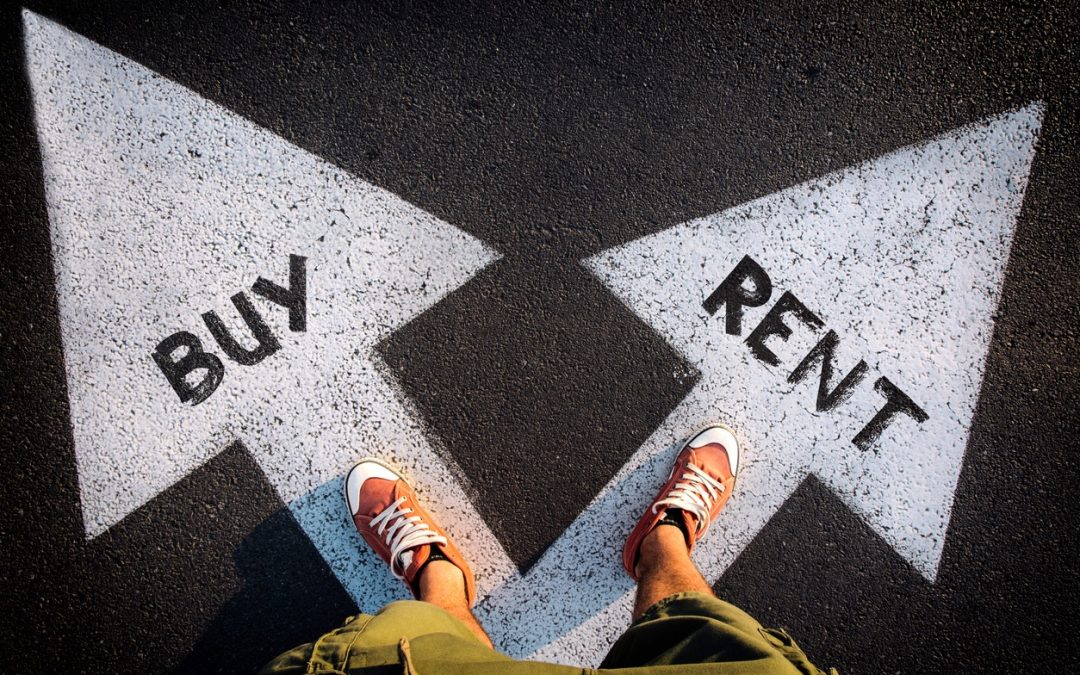The American dream has long included the promise of homeownership.
There are tax breaks for both long-term owners and first-time buyers, and for a long time it was the one investment you could rely on to appreciate, often dramatically. “Put your money in bricks and mortar” was a common piece of advice, and real estate formed part of every balanced personal portfolio.
Is that still the case, however, or did the changes brought on by the financial crisis and the burst housing bubble make homeownership a less appealing — and less fiscally savvy — choice?
The answer, naturally, is complicated. Investing in real estate is significantly less likely to make you rich quickly. But buying a home is not a solely financial decision, so the emotional rewards of home ownership might tip the balance.
The important thing is to approach the question of renting or buying as logically as possible, and you can do that by answering these questions.
Are house prices in your area going up, holding steady, or decreasing?
If house prices are decreasing or holding steady, stick with renting.
The closing costs involved in buying a house — never mind the costs of upkeep — are something that you’d like to recoup over time, but in order to do that, the house has to appreciate.
If house prices are rising, this is a good time to consider buying.
Do you have good credit?
The better your credit, the better a mortgage deal you’ll be able to negotiate, and over the life of a 30-year mortgage, a low interest rate will save you thousands, if not tens of thousands, of dollars.
If your credit is only OK, paying your rent on time and looking for other ways to improve your credit could be the right move before you decide to become a homeowner.
Do you have a down payment saved up?
You need a minimum down payment to get a mortgage. The greater your down payment, the more beneficial your mortgate terms, although exact terms vary.
Also, a smaller mortgage means lower monthly payments, which eases the strain on your finances and potentially allows you to pay off your mortgage early, which means you’ll pay less in interest over the life of the loan.
Are you willing to put in the time (or the money) required for maintenance?
Lawns need mowing, gardens need weeding, windows need caulking or painting (or both), and heating and cooling systems need attention at inconvenient times. If you own your home, all the upkeep is up to you.
If you’re not convinced you have the time, energy, skills, or inclination to look after your home — and you’re not willing or able to pay someone else to do it — you might be better off renting.
Are you likely to stay put for more than five years?
If you’re sticking around for at least five years (and 10 or more is even better), then buying a house is a reasonable financial move. Anything less than that, and you have almost no chance of recouping your closing costs, which can be substantial.
So if you suspect you might get itchy feet after a couple of years, renting is the wiser approach.
Do you have (or are you thinking about having) children?
Even if you rent before and after, having a house while you have kids at home (particularly small ones) is a wonderful thing. Less worrying about what the neighbors think about 3 a.m. feedings, and more running around in the yard after supper catching fireflies.
Some things you can’t put a price on.
The bottom line
You should never buy a house because you feel you should or so that it can serve as your main investment. There are better ways to invest.
Run the numbers through a rent-or-buy calculator on the internet, and if the conclusion is that you should buy a house, by all means — go for it!
But make sure it’s what you want — because you found the house you want to grow old in, or because you want to put solar panels on the roof and turn the lawn into a market garden. It’s no longer something you must do.




